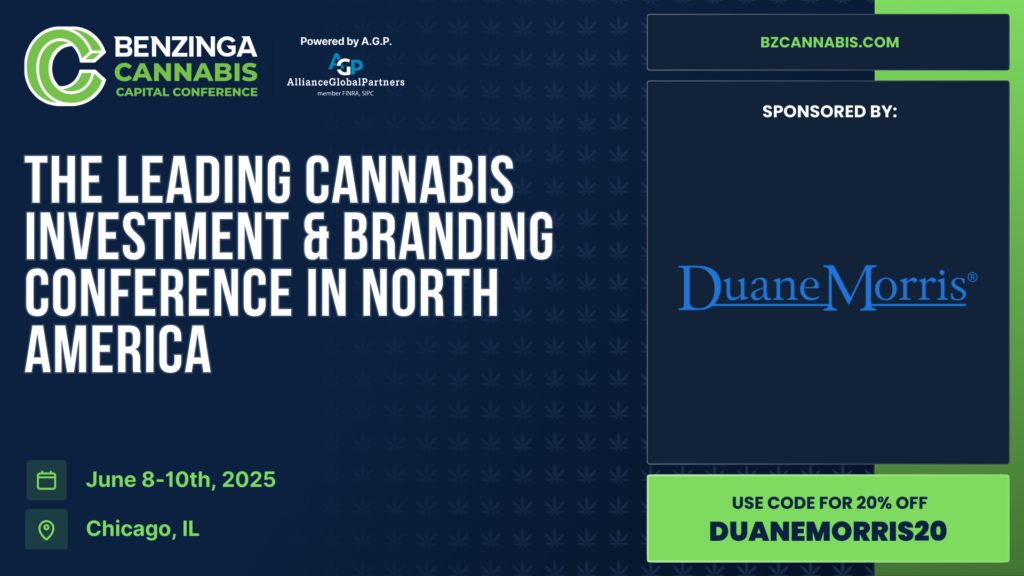The New York Office of Cannabis Management (OCM) has issued a significant correction to its previous guidance on how to measure the required 500-foot distance between retail cannabis dispensaries and schools. This change has immediate and potentially wide-ranging implications for both pending applicants and currently licensed dispensaries across New York State.
Prior Guidance
OCM had long advised applicants that the 500-foot proximity restriction should be measured in a straight line from the center of the nearest school entrance to the center of the dispensary’s main entrance—only considering entrances regularly used by patrons. In addition, this rule applied only when the dispensary and school were located on the same street or road.
Updated Measurement Standard
OCM recently stated that this method was incorrect and inconsistent with Cannabis Law § 72(6) which states that “No cannabis retail licensee shall locate a storefront within five hundred feet of a school grounds as such term is defined in the New York Education Law or within two hundred feet of a house of worship.” Section § 409(2) of the Education Law defines “school grounds” as “any building, structure and surrounding outdoor grounds, including entrances or exits contained within a public or private pre-school, nursery school, elementary or secondary school’s legally defined property boundaries as registered in a county clerk’s office.”
Reading the two sections together, OCM has adopted a revised standard that requires the licensee to measure a straight line from the dispensary entrance to the nearest point on the school property line —regardless of whether they are on the same road. This new and broader interpretation significantly expands the areas considered off-limits.
Current Impact
According to the OCM, the revised guidance will affect the following applicants/licensees (subject to change upon further analysis) :
• 44 pending applicants whose proposed locations may now be noncompliant.
• 108 licensed dispensaries.
Over 80% of the affected parties are in New York City, while the remainder are spread across the rest of the State.
OCM Support for Applicants and Licensees
The applicants that don’t comply with the distance requirements must find new, compliant locations to proceed with their applicants.
To assist affected applicants, OCM and Empire State Development have created a $15 million Applicant Relief Program to help cover:
- Costs of finding a new location.
- Capital improvements made to the original (now non-compliant) location
Applicants may receive provisional licenses while they secure new locations.
Support for Licensees
For those affected licensed dispensaries, many of which already operating, the Governor’s Office and OCM are pursuing legislation to allow these businesses to remain at their current locations.
However, as there is the risk this legislation may not pass and OCM cannot renew licenses at locations that do not comply with the new interpretation of Cannabis Law § 72 (6), licensees will need a new compliant location before the Cannabis Control Board can finalize license renewal.

